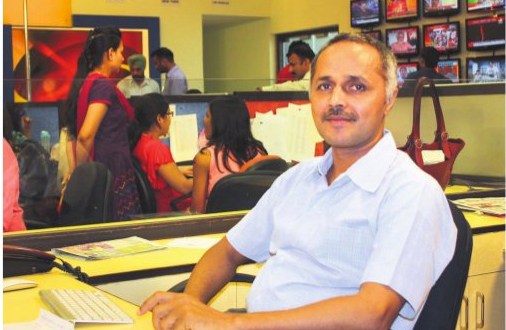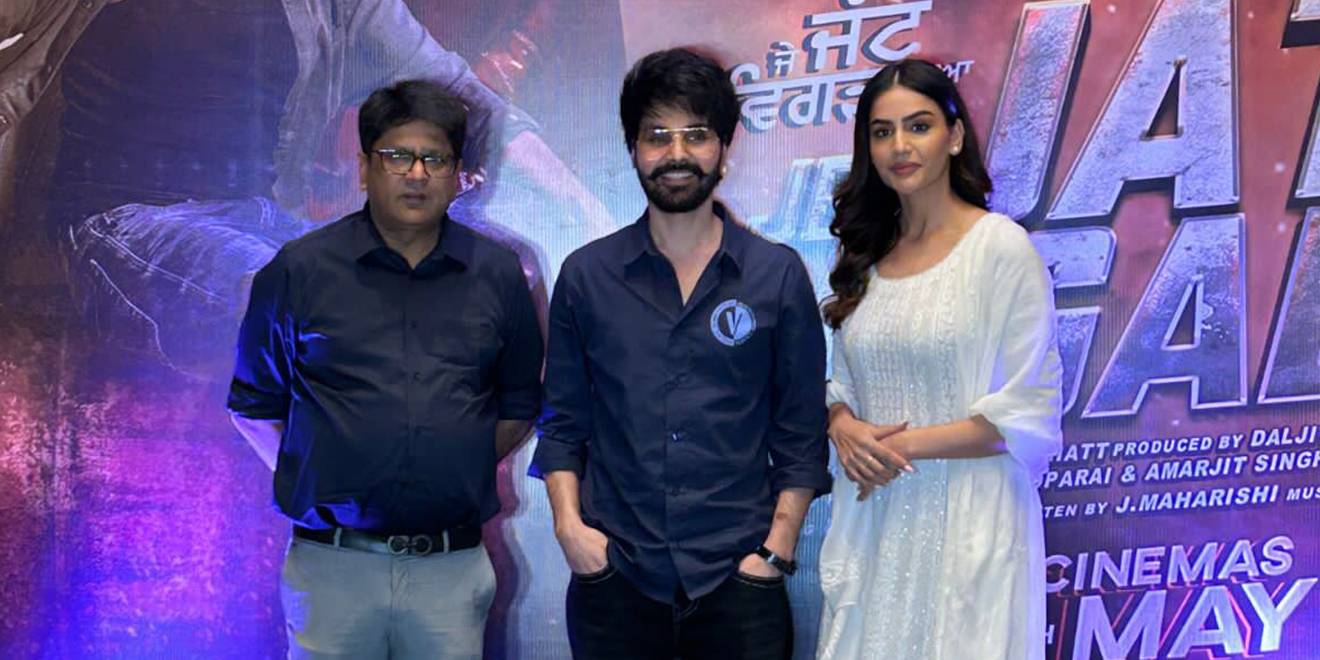The image of SRK prancing in the mustard fields of Punjab might have been immortalised in cinema, Daljit Ami, a man of rural roots, knows too well it’s nearly impossible and impractical to do so in real life. In fact, back in time he realised that the Punjab depicted in Bollywood and Pollywood is far removed from the actual reality.
So to bring out the real Punjab and its people Ami turned a filmmaker. Making films shorn of commercial razzmatazz, he focuses on flesh and blood people engaged in varying pursuits that have larger import. Today he is ready with his tenth short film Seva that underlines the significance of heritage and brings alive men and women who are at its service. He says, “Be it literature or cinema it’s about time we turned our attention to non-fiction. Till we do so we will not be able to evolve a sensitive society.”
Heritage, the civilizational connect in particular, he asserts can make us better human beings. Alas, he rues it remains an absolutely neglected domain that simply doesn’t exist on the radar of people. That‘ s why he chose the popular medium of films to bring it into focus. Of course, as he brings together five different persons devoted to the cause of heritage he even links it up with the damage that has been played out onthe world stage. In Punjab he gives full marks to the Punjab Digital Library, which he feels is doing both stellar and pioneering work. He gushes, “Imagine till date they have digitised 7.5 million pages. “In times to come, he observes, it would become an institution to reckon with and perhaps an independent subject of his next ?lm.
In his lexicon of filmmaking, audience does not comprise bumbling idiots but intelligent, thinking beings who don’t have to be spoonfed. Drawing them into his creative maze he wants viewers to decode on their own. No wonder he doesn’t offer any linear narrative in his films. Nor does he stick to the oft beaten path.
So when the entire country was harping over the plight of debt-ridden farmers, he made a film on landless labourers who he observes are born in debt and named his film so. In Not Every Time he talked of a movement in Barnala district that raised a voice against sexual crimes that few urbanites had heard of. On urbanites, especially residents of City Beautiful, he is candid. He quips, “Short ?lm festivals that happen in Chandigarh have nothing to do with the region.” Even otherwise he feels Chandigarhites identify with New Delhi and New York.
Indeed, making the kind of films he does is no cake walk. Even more difficult is marketing these films. Yet moving against all odds his films have found reeeptive viewers.
Kar Seva on the green crusader Sant Balbir Singh Seechewal has been viewed by millions of people as it has been screened across the length and breadth of villages across Punjab. With the latest Sevu. he hopes to target schools and colleges.
One day he might move to larger-than-life cinema but his subjects would still be drawn from contemporary non-fiction and mirror everyday concerns of the common man. Picking up threads from the hidden pages of history right now he is planning to make an ambitious ?lm on the Singapore mutiny in which 41 Punjabis lost their lives.
Love for cinema might have rubbed on to him perchance when as a college student he shared a room with the National Award winning director Rajeev Sharma. Today it’s a passion that finds sustenance in his ability to sail alone, more often than not, against the tide.
Source: Nonika Singh





